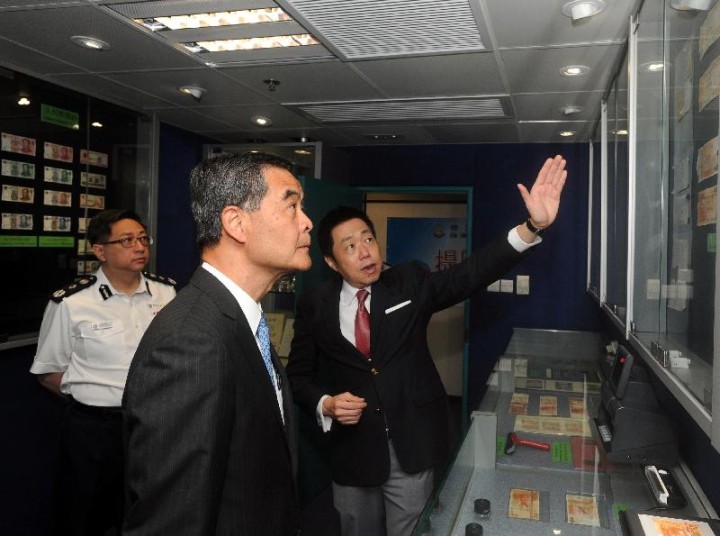You mentioned the role of the Chief Executive (see. Yes, Hong Kong needs to be responsible, Pressenza, July 1, 2015) so let me give a development of the position in the history of Hong Kong.
By Lionel Mok.
In the very beginning, there were some conflicts between the top civil servants, who were there for their whole lifetime, and the governor who was there for five six years.
So the conclusion was that the top civil servant (Chief Secretary) was responsible for the actual running of things in the colony and the governor was mainly responsible for the reporting of how things are run here. There was minimum interference from the governor in Hong Kong. The relationship was more or less like that between the civil servant and the departmental minister in the TV series “Yes Minister”.
But the governor was not totally powerless, since most policies were decided by the “Governor-in-Council”, meaning the governor and the Executive Council. The Legco was only a rubber stamp in those days. I have been to one or two sessions and it was extremely boring.
The Executive Council was made up of all top civil servants, which was a very powerful clique, since they know intimately the operations involved in all policies under discussion, and of course the governor and also a number of ‘ex-officio’ members, who always sided with the governor should there be arguments of course.
Things changed somewhat during Murray Maclehose tenure. The impending turnover brought with it a need to change Hong Kong’s laissez-faire policy. Britain had to return a Hong Kong to China in good shape and according more or less to the bidding of London officials. And the governor became much more powerful in both the setting of policies and their execution.
This continued until Chris Patten, who was chiefly interested in political reforms and nothing else. His years in Hong Kong were actually the worse in Hong Kong history. There were no industrial policies, no economic plans for Hong Kong, and no social policies that are related to Hong Kong’s industrial development – he only wanted to hand out benefits for short term applause. But Hong Kong prospered only with the relocation of the manufacturing sector to Mainland China, which resulted in a strong cash flow for the colony and property booms (not once, but twice in 5 years) which eventually wrecked the economy, but only after Patten’s departure.
But anyway, the Patten administration generated a civil service which is very passive. The Brits were leaving, and the Chinese who were promoted to key posts were traditionally told to react to things and were not pro-active in policy measures). But under Anson Chan it was very much absorbed in its own methods.
So when Tung Chi Hua took over in 1997, there were lots of conflicts between the CE and the administration, the second time in HK’s history (the first time was in the 19th century, I forget under which governor). And Tung’s solution to this problem was the installation of a ‘ministerial system’ in 2003 (or thereabouts), and of course the forced retirement of Anson Chan, who in my opinion was in a position she was not qualified to take if not for the handover (many more senior and competent people were either forced into retirement by Patten, took up semi-government organisation jobs which were paid several times more than their current employment or went into business altogether).
Therefore, the present CE position is less and more powerful than its predecessors. On the one hand, the legislative council has become a hotbed of discussions and dissents, and is no longer a rubber stamp like under the British administration.
But on the other hand, it is more powerful because of the ministerial system, which means that in the Executive Council you only have the Chief Executive’s and his minions. But it is still the most powerful position in the territory, and much more so than in the pre-Maclehose period. The Legco is not a rubber stamp any more, but since it is not involved in policy making (unlike the British parliament) even if you do not always agree with the government you tend to pass legislations after one or two readings or some protracted filibustering.
Hope this is useful.
Editor: it certainly is Lionel, thanks a lot.










